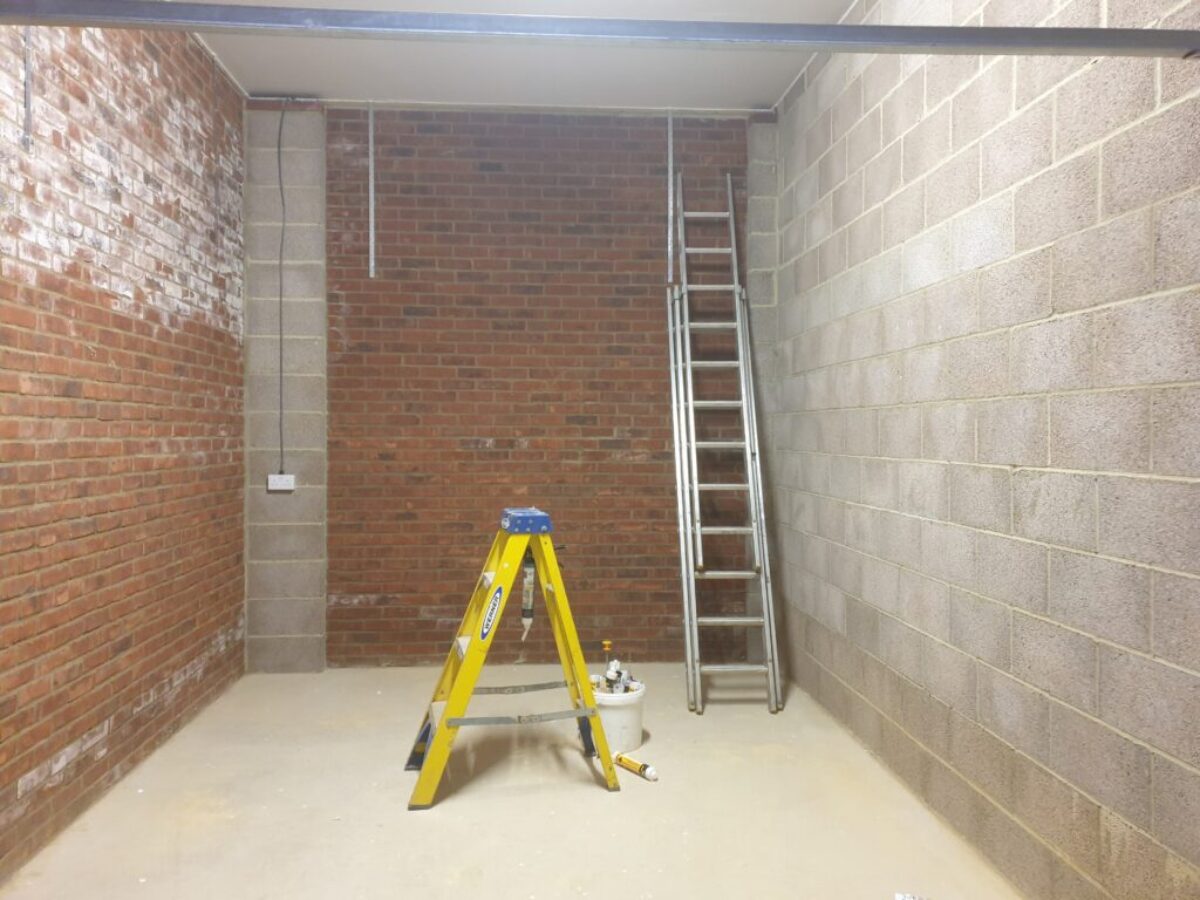How Mastic Sealants are Used in Commercial Construction Projects in the UK
Mastic sealants play a pivotal role in the UK’s commercial construction industry, ensuring buildings are not only functional but also durable and visually appealing. From office complexes and shopping centres to large-scale infrastructure projects, mastic sealants are vital for achieving airtight, watertight, and aesthetically pleasing finishes.
In this article, we’ll delve into how mastic sealants are used in commercial construction, their benefits, and why they are a key element in modern building projects.
The Role of Mastic Sealants in Commercial Construction
Sealing Joints and Gaps
One of the primary uses of mastic sealants in commercial projects is to seal joints and gaps in building structures. These include expansion joints, window and door frames, cladding, and even roofing systems.
In commercial buildings like shopping centres and office blocks, the need for flexible sealants that accommodate structural movement is critical. Mastic sealants provide flexibility while maintaining a robust seal, ensuring that the structure can endure temperature fluctuations, vibrations, and settling over time.
Enhancing Waterproofing
Commercial projects often involve extensive plumbing systems, HVAC installations, and roofing designs that require reliable waterproofing. Mastic sealants are applied to areas such as bathrooms, kitchens, and external facades to prevent water ingress and damage.
This is especially important in the UK, where weather conditions can be unpredictable and persistent dampness can lead to structural issues if not adequately addressed.
Improving Fire Resistance
In some commercial applications, fire-resistant mastic sealants are used to enhance the safety of a building. These sealants are applied around fire-rated doors, partitions, and utility penetrations to help contain the spread of fire and smoke.
This feature is particularly important in public spaces like shopping centres and office towers, where compliance with fire safety regulations is non-negotiable.
Acoustic Insulation
Commercial buildings such as theatres, conference halls, and offices require soundproofing for comfort and functionality. Mastic sealants are used to seal gaps and joints, reducing sound transmission and improving acoustic performance.
This makes them an integral part of creating environments conducive to productivity and entertainment, where noise control is essential.
Aesthetic Finishes
Beyond their functional uses, mastic sealants contribute to the visual appeal of commercial construction projects. They provide a clean, polished finish to joints and seams, ensuring that the final look of a building is professional and cohesive.
For glass facades, tiled interiors, or sleek cladding systems, mastic sealants are chosen not just for their practicality but also for their ability to blend seamlessly with the design.

Benefits of Mastic Sealants in Commercial Projects
Durability
Mastic sealants are designed to withstand the rigours of commercial use, including heavy foot traffic, environmental exposure, and long-term wear. This durability makes them an excellent choice for projects where longevity is a priority.
Flexibility
The flexibility of mastic sealants ensures they can accommodate the natural movement of structures without cracking or losing adhesion. This is crucial in large commercial projects, where expansion and contraction are inevitable.
Cost-Effectiveness
While the initial application of mastic sealants is relatively inexpensive, their long-lasting nature provides excellent value for money, reducing the need for frequent repairs or replacements.
Compliance with Regulations
Many mastic sealants are formulated to meet UK building regulations, including requirements for fire safety, energy efficiency, and waterproofing. Using high-quality sealants ensures that commercial buildings adhere to these standards, avoiding potential legal or safety issues.
Examples of Commercial Applications in the UK
Office Buildings
In modern office towers, mastic sealants are used for window glazing, cladding systems, and internal partitions. They help maintain energy efficiency by sealing gaps that could allow drafts or heat loss.
Shopping Centres
Large retail spaces benefit from mastic sealants in areas like food courts, bathrooms, and exterior facades. They ensure the spaces are watertight, visually appealing, and safe for public use.
Industrial Facilities
In warehouses and factories, mastic sealants are essential for sealing floor joints, expansion gaps, and areas around machinery. These applications reduce dust ingress and enhance safety.
DIY vs. Professional Application in Commercial Projects
While DIY applications of mastic sealants may suffice for minor home repairs, commercial construction requires the expertise of professional mastic men. Professionals have the tools, skills, and experience to ensure that the sealant is applied correctly, meeting both functional and aesthetic standards.
In a commercial setting, improper application can lead to costly repairs, safety risks, and non-compliance with building regulations. Investing in professional mastic sealant services guarantees a high-quality finish that stands the test of time.
Maintaining Mastic Sealants in Commercial Buildings
Regular maintenance is crucial for preserving the performance of mastic sealants. Property managers should:
- Inspect sealants periodically for signs of wear, such as cracking or peeling.
- Clean sealant surfaces to prevent the build-up of dirt and mould.
- Schedule reapplications or repairs as needed, especially in high-use areas.
Mastic sealants are indispensable in the UK’s commercial construction industry, offering durability, flexibility, and aesthetic value. From sealing joints to improving fire safety and soundproofing, their applications are vast and varied.
For large-scale projects, professional application is highly recommended to ensure compliance with regulations and achieve a flawless finish. Whether you’re constructing an office building, shopping centre, or industrial facility, mastic sealants are a key component in creating structures that are safe, efficient, and visually impressive.




